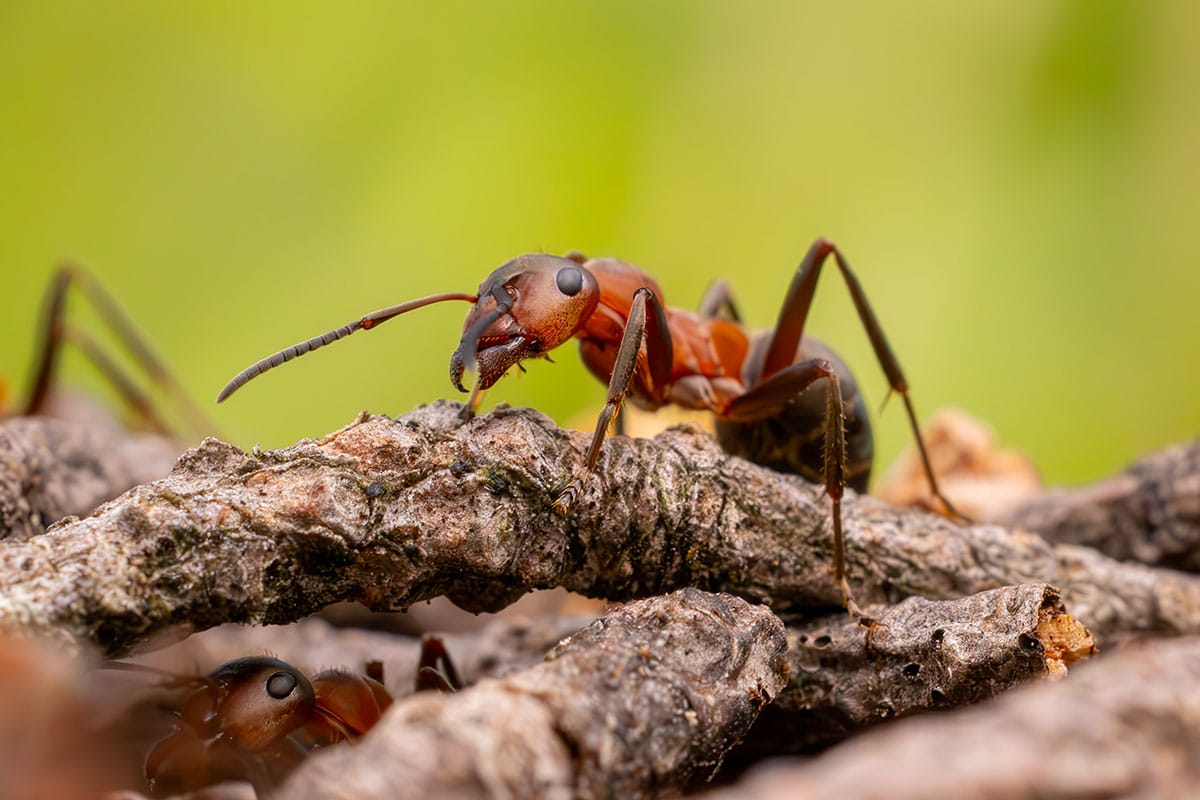The world of insects never ceases to amaze us, and a recent study shed light on the incredible abundance of one of the most abundant creatures on our planet: ants. Researchers at the University of Wurzburg in Germany have discovered surprising new data that challenge previous estimates of the number of ants around the world. Let’s review the interesting results and consider their implications for our understanding of biodiversity.
Uncovering a surprising amount of ants
Scientists have long been amazed by the large number of ants on Earth, but previous estimates have fallen far short of the mark. Recent research, published in a peer-reviewed journal Bulletin of the National Academy of Sciencesreveals that there are approx 20 quadrillion ants to live on our planet at any time. To put this into perspective, that’s a staggering 20,000 trillion ants!
This number is 20 times higher than previous studies have suggested, emphasizing the importance of empirical data in scientific research. Sabine S. Nooten, an entomologist and co-author of the study, expressed surprise at the findings, saying, “We really had no expectations because the numbers that were circulating before in the scientific literature were as very educated guesses.”
The research team’s approach involved combining data from multiple surveys, to provide a more accurate picture of ant populations around the world. This approach is very different from earlier estimates, such as those proposed by biologists Bert Hölldobler and Edward O. Wilson, who suggested a global ant population of quintillion people.
Tropics: Hot spot for ants
Survey findings reveal that ants are most abundant in tropical and subtropical regions. The researchers focused on estimating the number of ants that live on the ground in these areas, with particular emphasis on South America, where the ants are very high. Their calculations show that approx 3 quadrillion ants stay in these places only.
This combination of ants in tropical forests highlights the important role these ecosystems play in supporting biodiversity. However, it also raises concerns about the potential impact of human activities on ant populations. Patrick Schultheiss, a co-author of the study, suggests that deforestation and agriculture can greatly affect the population of ants on Earth.
Here is a summary of the number of ants in different areas:
| Location | Ant Population Estimation |
|---|---|
| Tropical and subtropical | 3 billion |
| Moderate | 2 quadrillion |
| Dry and dry | 1 quadrillion |
| Other places | 14 billion |
The importance of ants in the ecosystem
Although the exact number of ants on Earth remains elusive, this study provides the most reliable estimate to date. Adam Hart, professor of science communication at the University of Gloucestershire, England, praised the research, saying, “This new study, based on nearly 500 studies worldwide, gives us the best answer yet so is this tricky question.”
Understanding ant populations is important for several reasons:
- Ants play an important role in soil respiration and nutrient cycling
- They are useful food sources for many species
- Ants contribute to to disperse the seeds in different environmental centers
- They work like natural pathogens in many places
The total number of ants in the world highlights their importance in maintaining the stability of the environment. As we face increasing environmental challenges, including climate change and habitat loss, it is critical to monitor and protect these small but powerful creatures.
Future implications and directions for research
This important study opens new avenues for research and conservation efforts. By establishing a more accurate baseline for ant populations worldwide, scientists can better identify changes over time and assess the impact of human activities on these important insects.
Going forward, researchers can focus on:
- To do research on the effects of climate change with a lot of ants
- Learning about the role of ants in carbon sequestration
- To check the effect of urbanization with a variety of ants
- To develop conservation strategies to protect critical ant habitats
As we continue to unravel the mysteries of the natural world, the humble ant stands as a testament to the amazing diversity of life on earth. With their abundance and their important functions in the environment, ants remind us of the complex system of relationships that maintain the environment of our planet.
#Scientists #reveal #surprising #number #ants #Earth #number #surprise
